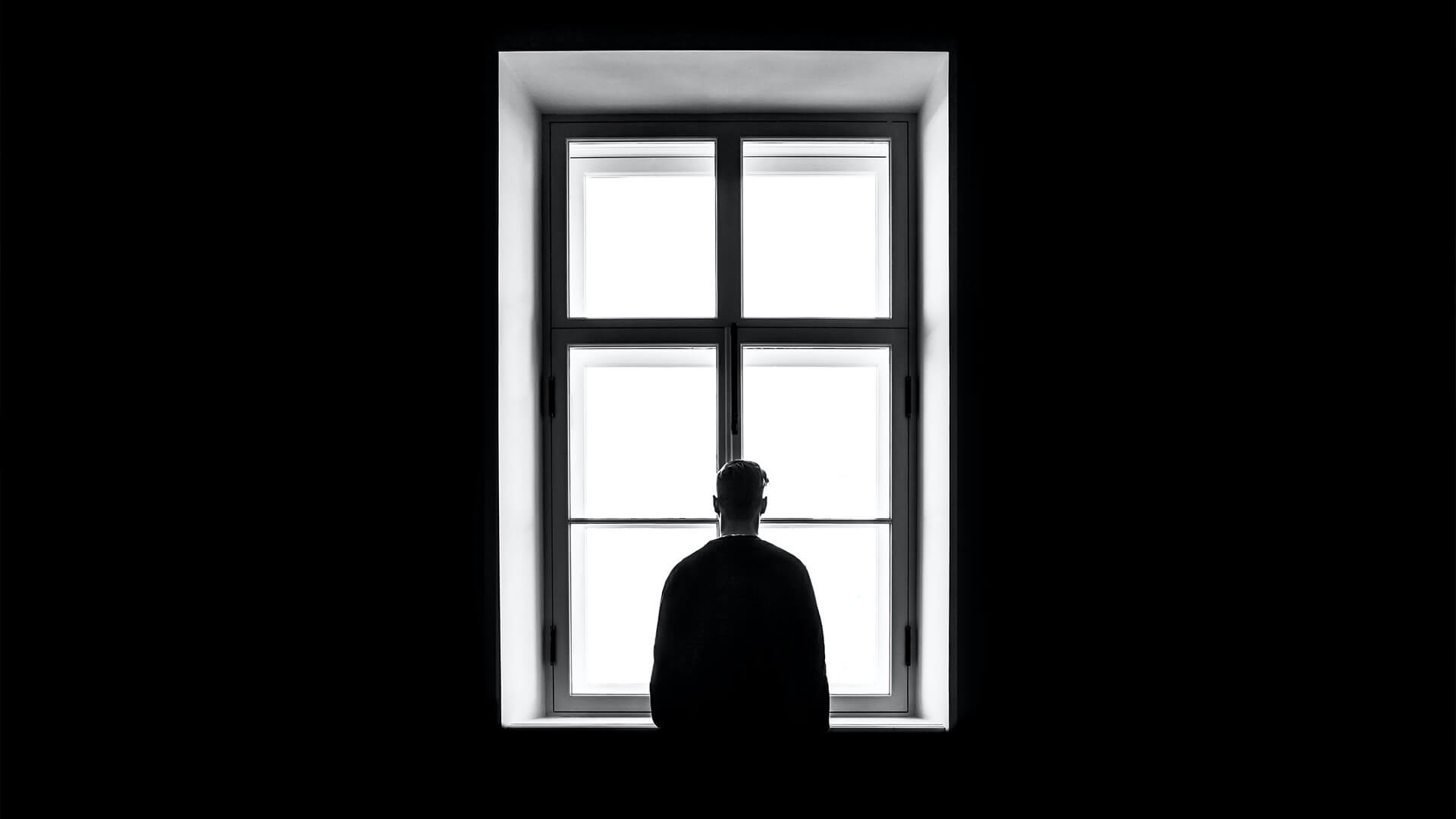There is great confusion in Western societies by Muslims in particular between the concept of identity in general and Islamic identity in particular. It is common knowledge that identity in general has definitions that the majority could agree on.
Identity has been divided into three sections: the specific identity of the individual, the identity that relates to the group, and the identity associated with citizenship or nationality. This has made many people, especially the youth, suffer from a lack of understanding of their identity or even find it difficult to define its characters.
The more you understand and be aware of the origin you belong to and the history you come from, the more you will be able to know the value of yourself, your potential, and your ability to accomplish many things, which is a key component in strengthening the sense of pride in who you are.
This does not mean that you should not be flexible in your ways of coexisting with the other, in fact, you have the ability to grow and develop your personal tools to cope with all the changes that are accelerating around you.
Identity is an internal, psychological thing that enhances how you see yourself and how you perceive the future.
Identity is also your lifestyle, which reflects your uniqueness and distinction, that appears in your manners, in the way you treat others, in your thinking, and how you deal with your environment… Your identity is also reflected in your appearance.
But do not let yourself be drawn into the circulating imitation of others and embrace what does not represent you to the degree of saturation, because by doing so, you will become an empty version of others. In addition, and after a while you will find yourself still standing in the same spot while the whole world surrounding you is ahead of you because you are not being yourself and your only focus is to imitate the others.





